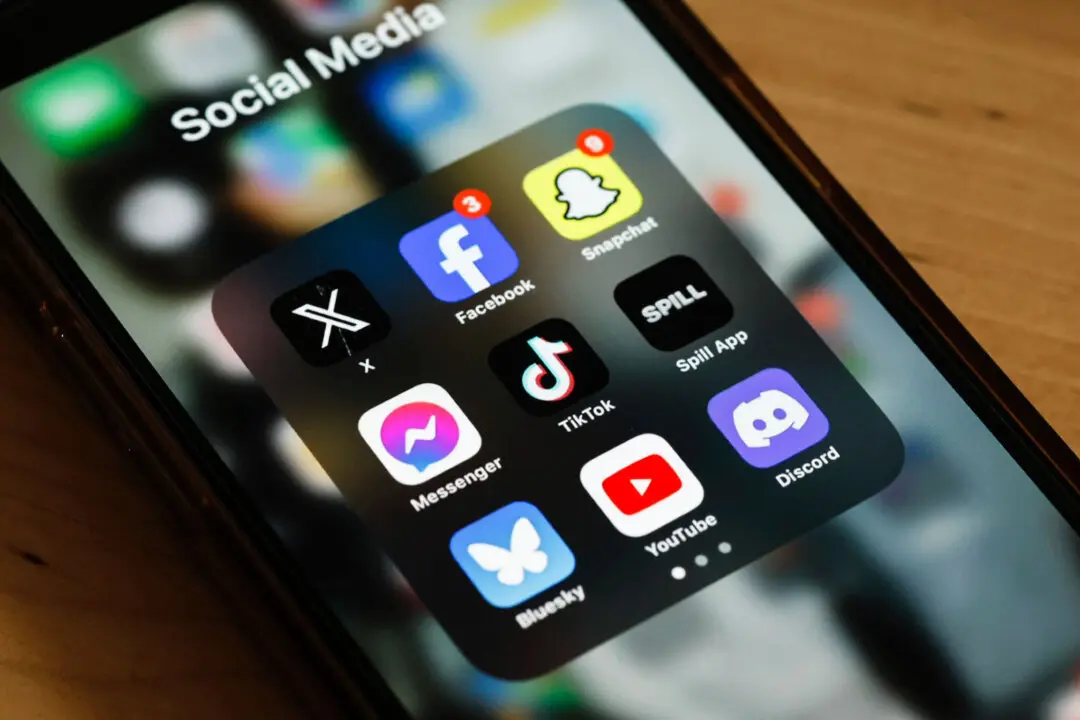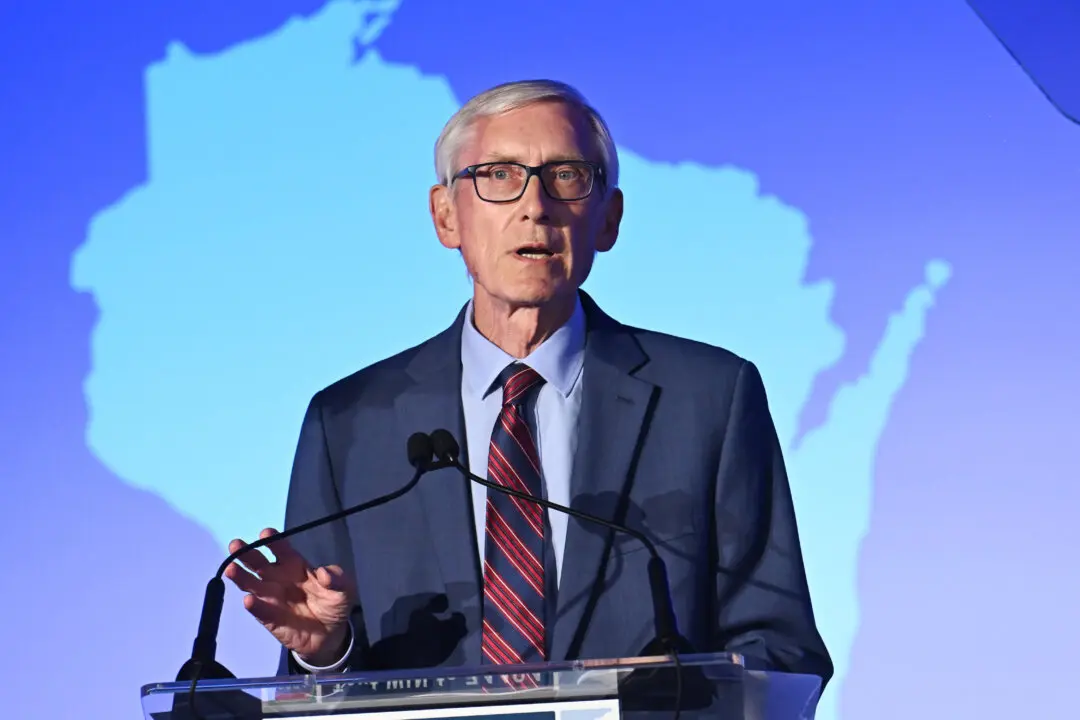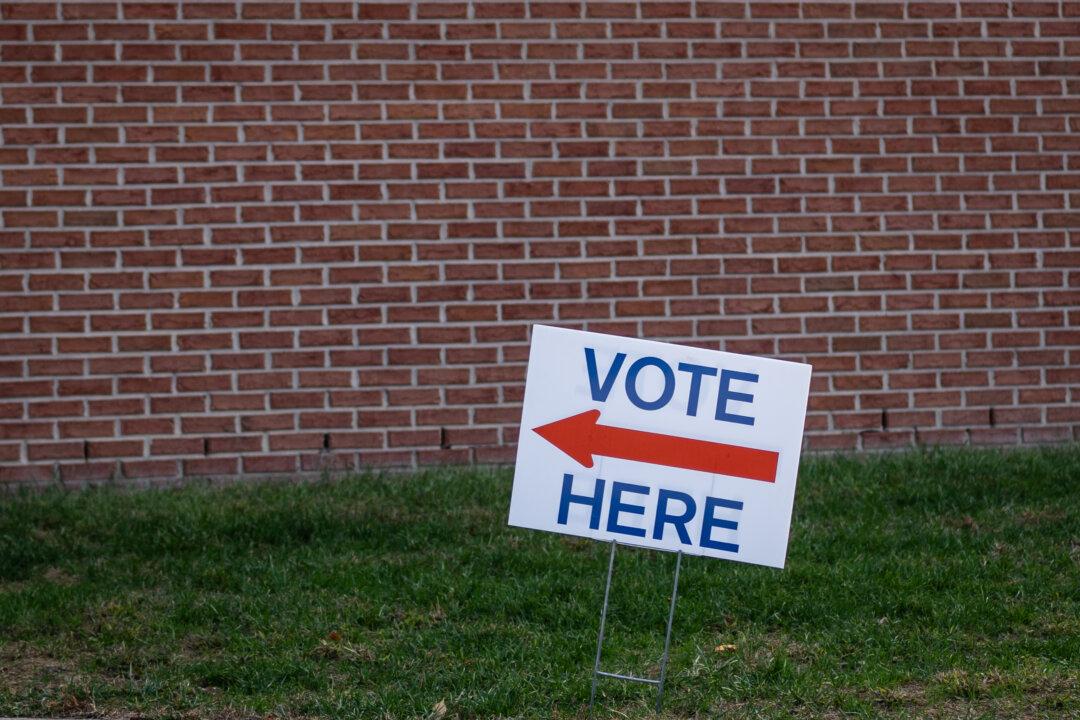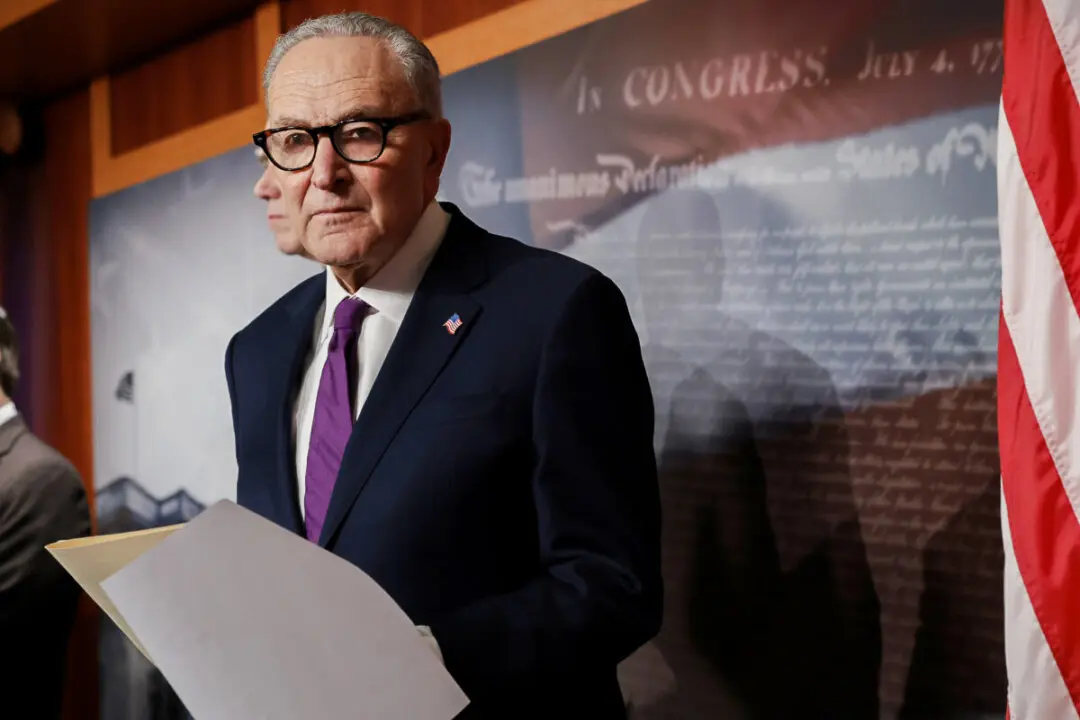A new Pew Research Center study reveals a significant shift in how Americans consume news, highlighting the growing role of social media influencers.
The report found that about one in five U.S. adults (21 percent) now regularly get their news from influencers on social media platforms. This trend is even more pronounced among younger adults, with 37 percent of those aged 18 to 29 turning to influencers for news and information.





